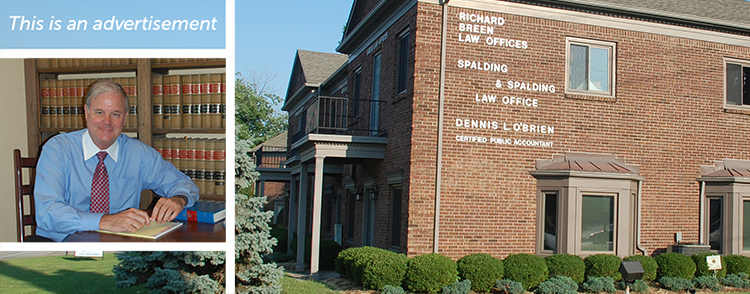Actor Paul Walker was a popular movie star known for his leading role in the movie franchise The Fast and the Furious, which had to do with the dangers and joys of high-speed racing. At the relatively young age of 40, the actor died on November 30, 2013, following a fiery car crash involving one of the fastest cars on the American highway. The Porsche Carrera GT, driven by Walker’s friend Roger Rodas, was destroyed upon impact after reaching speeds of over 100 mph. Despite the parallels between Walker’s appreciation of leading a high-adrenaline life in his work and away from the cameras, it appears that Walker regarded his estate plan with a much more conservative bent. Over a decade before his untimely passing, he created a pour-over will, laying out a roadmap to successfully passing on his estate.
A trust accomplishes multiple goals for families with more modest means than those associated with a successful actor. Here are some reasons why the pour-over will and revocable living trust can provide the most cost-effective, yet flexible, estate plan:
- It preserves control of a trust: A trust operates as a contract between the beneficiaries and the grantor, or maker, of the trust. If the grantor wants to limit funds until all minors graduate from college, that provision is not only acceptable but very common language in a trust. On the other hand, a will may not attach strings to the distribution of possessions.
- It safeguards privacy: a trust is a private instrument directing your loved ones how to administer your estate. A will must be filed in probate court and is publicly administered along every step, including a detailed accounting explaining how the executor spends time and funds wrapping up the estate.
- It limits the probate judge’s decision-making authority: Some decisions still lie with the probate judge—such as the upcoming debate over guardianship of Paul Walker’s minor daughter—but in general, the trust’s language rules. A probate judge does not typically hear any intra-family debates unless a beneficiary decides to challenge the trust or file litigation.
- It is cost effective: Unlike an irrevocable trust that removes the control of funds from the grantor, a revocable trust maintains flexibility to the grantor by allowing flexibility in how those trust assets are invested, spent, or reallocated—all prior to the grantor’s death.
If you would like more information about how a revocable trust with a pour-over will can benefit you, contact the Louisville, Kentucky estate planning attorney at Wallace Spalding Law Office.








Speak Your Mind